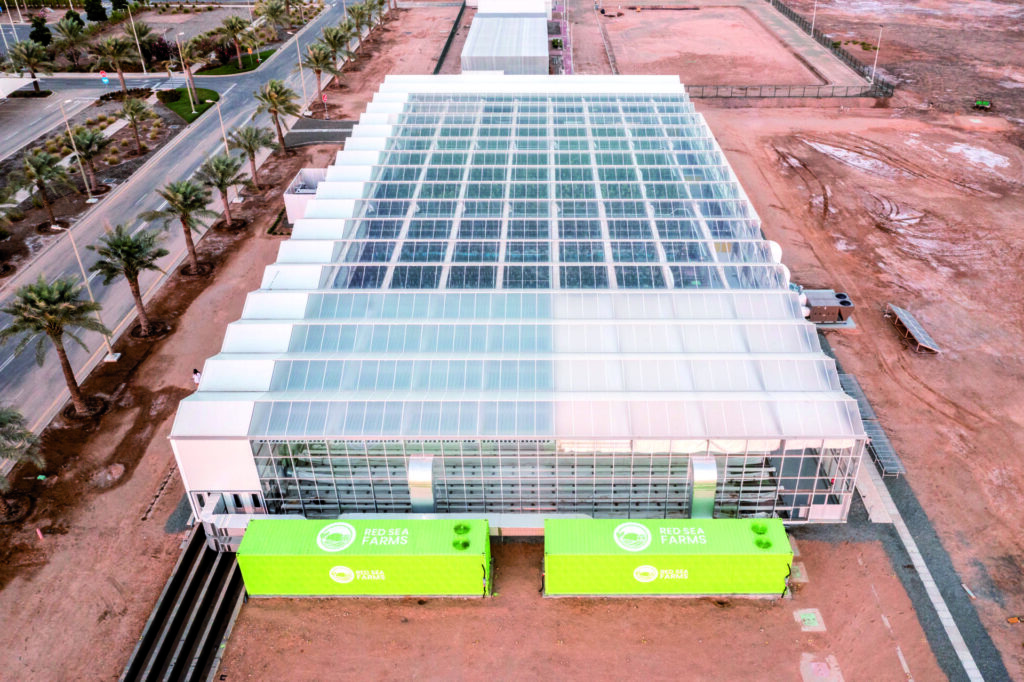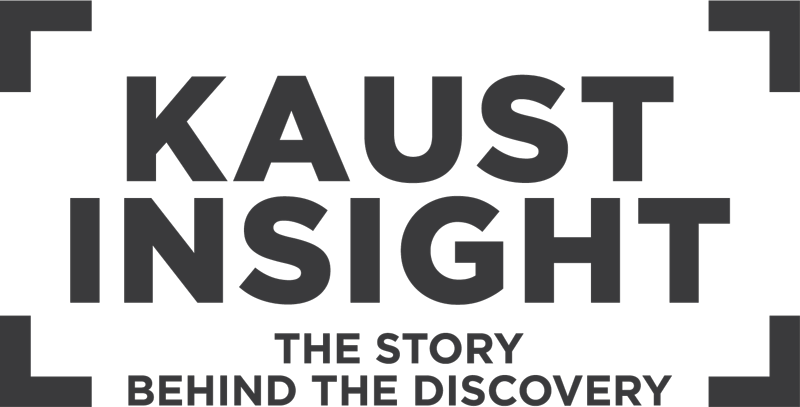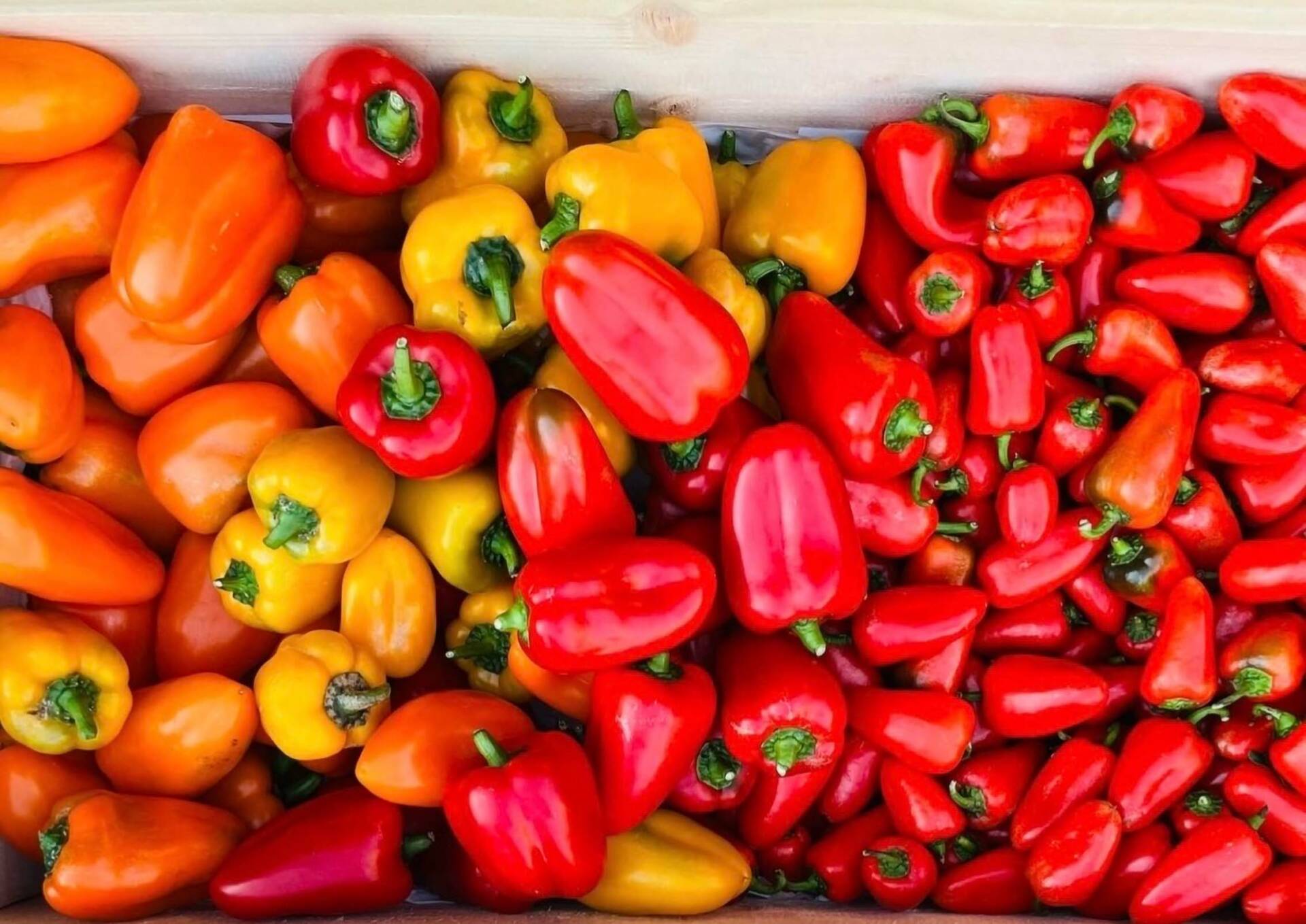A new collaboration between the Saudi agricultural technology company Red Sea Farms and the national carrier SAUDIA is putting sustainably produced food on the plates of the airline’s passengers.
Ryan Lefers, Mark Tester and Derya Baran founded Red Sea Farms in 2018 to grow produce in harsh climates using technology they developed at KAUST to reduce water and energy use. These innovations include solar technology in fan systems and for night-chilling crops, salt water for evaporative cooling in greenhouses and salt-tolerant crops.
Red Sea Farms CEO, Ryan Lefers, says they were all motivated to do something about the huge amount of fresh water and energy that is required to grow food in hot environments like Saudi Arabia.
“We wanted to break the food-water-energy nexus and enable long-term sustainability to help feed the world. We want to create real and lasting impact on feeding people and protecting the planet,” he says.
“We wanted to break the food-water-energy nexus and enable long-term sustainability to help feed the world.”
This goal struck a chord with SAUDIA, which has a commitment to continually improve its environmental performance and become an industry leader in sustainability.
Saudi Arabia, through Vision 2030, has an ambitious tourism strategy that aims for tourism to contribute 10 percent of the country’s GDP by 2030, while ensuring that tourism meets the Vision’s sustainability goals.
The new partnership will lower food miles by replacing imports of snack tomatoes, cucumbers and peppers.
“We are very excited about the partnership with SAUDIA, a company that shares our sustainability goals,” says Lefers.
Currently, Red Sea Farms sells its snack tomatoes, cucumbers and peppers in more than 100 retail outlets across Saudi Arabia with numbers expected to increase in 2023.
“Outside of Saudi Arabia, other growers are using our technology to grow tomatoes and strawberries, with many more crops expected in 2023,” says Lefers.

Blending precision climate control, plant science and AI-enabled systems, the company’s methods save 300 liters of fresh water for every kilogram of produce grown compared with conventional outdoor crop production in Saudi Arabia.
Red Sea Farms’ long-term goal is to become a world leader in providing sustainable agricultural technologies for harsh environments. A vital first step is to become one of the most sustainable food businesses in Saudi Arabia, where more than 80 percent of fresh food is imported.
The partnership with SAUDIA marks another step in the company’s rapid development since January 2022, including expansion into the United States, completion of a new commercial-scale six hectare site near Riyadh and an R&D facility at KAUST.

